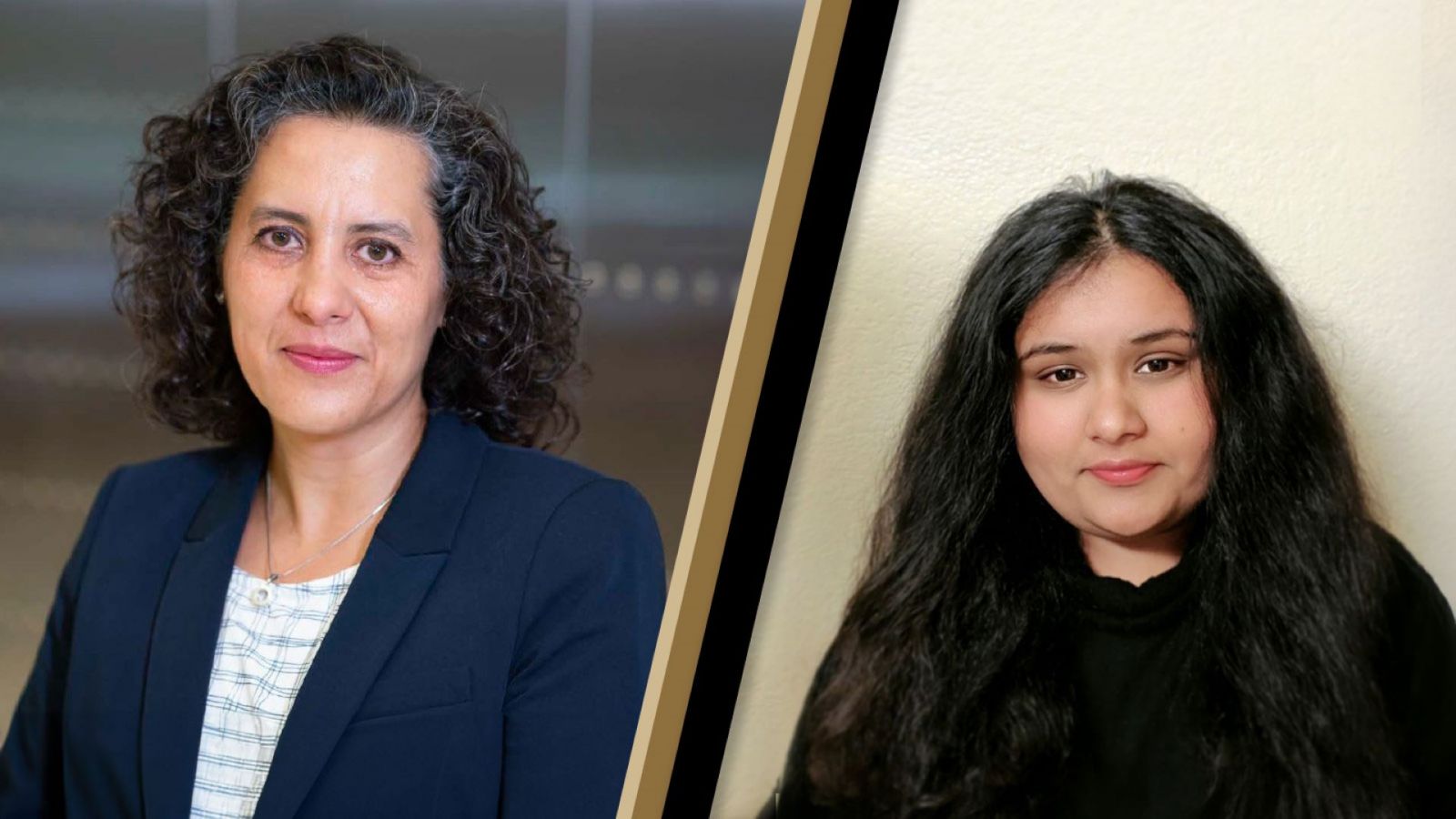
Alejandra Magana, WC Furnas Professor of Enterprise Excellence at Purdue Polytechnic, and Sakhi Aggrawal, a doctoral student at the time of the study, recently published a study on the development of conflict resolution skills in undergraduate students using ChatGPT.
During the COVID-19 pandemic, Magana became interested in teaching students teamwork skills. Since then, Magana has been using various teamwork pedagogy methods to enhance her students’ experiences.
“Sakhi, who is very interested in integrating AI into teaching and learning processes, came to me with an idea where students learn about different cultures through conversations using ChatGPT,” said Magana. “I found the approach fascinating, but since conflict management in teamwork was a focus in improving my teaching practice, we decided to implement a revised version of this approach by combining teaching, practice and reflection to help students develop conflict management skills in the context of teamwork.”
James Dworkin, a professor at the Mitchell E. Daniels, Jr. School of Business at Purdue University and an expert in negotiations and dispute resolution, provided expertise in conflict management.
Magana and Aggrawal studied 56 students taking a systems engineering course and analyzed 46 of their observations. The students participated in a simulation scenario using ChatGPT 3.5 in which they had a difficult conversation with a “teammate” about improving their collaboration. Their goals were to chat with the simulated teammate to express their concerns, actively listen, and work toward a solution or compromise.
Overall, they found that 65% of students significantly increased their confidence in dealing with conflict by applying all five conflict management approaches: avoidance, accommodation, compromise, competition, and collaboration. They also concluded that the study demonstrates the potential of using technologies such as ChatGPT “as a tool to provide comprehensive, personalized practice opportunities.”
“This study represents a unique intersection between AI technology and educational teaching, demonstrating that AI tools like ChatGPT can effectively simulate difficult scenarios and provide students with a safe environment to practice important skills like conflict resolution,” Aggrawal said.
Since the article was published in May, it has been viewed over 1,000 times and Magana and Aggrawal have been asked to write shorter stories from their study.
“By integrating AI tools into teaching approaches, the study has opened up new opportunities for experiential learning and greater student engagement,” said Aggrawal. “The positive response from both students and the academic community has been really encouraging and I believe this approach has significant potential to prepare students for real-world challenges.”
The study’s initial efforts were supported by a Protect Purdue grant designed to answer key scientific questions related to COVID-19, with a particular focus on knowledge gaps in Purdue’s response.
Together with Professors Tatiana Ringenberg and Paul Thomas from the Institute for Computer and Information Technology (CIT), Magana plans to implement the same training approach with her colleagues at CIT, but in the context of social engineering. She also plans to work with Dworkin to explore how her approach can support training students to develop mediation skills.
More information

